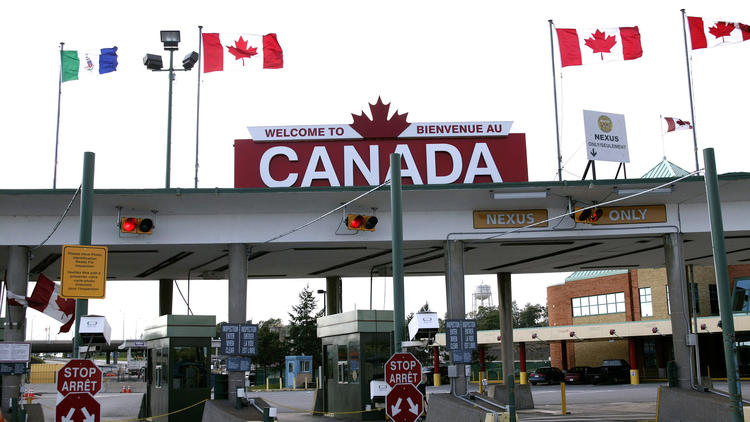We have witnessed some Immigration Issues in Canada for the Year 2017. After the election of Donald Trump as the American President, certain Executive Orders have put a ban on the entry of some groups of people from certain countries into The United States. More so, the poor implementation of these orders has caused confusions at airports.
Some comments by President Trump regarding the North American Free Trade Agreement (NAFTA) have also upset some people and groups which depend on the cross-border flow of supplies through Canada, the United States, and Mexico.
Immigration Issues in Canada for the Year 2017
The Canadian government had made certain updates like the Global Skills Strategy (GSS) pilot program which was implemented on June 12, 2017. The program aimed at assisting Canadian companies by increasing accessibility of skilled foreign talent.
Certain rules and regulations were introduced under the program which eased the task of obtaining qualified professionals for companies and businesses. The introduction of the GSS program comes with an added advantage is the faster processing.
Besides the GSS, another significant update in the immigration laws of 2017 is the Atlantic Pilot Program which was introduced with the motive to tackle the problem of labour market requirements in the Atlantic region.
It was also introduced keeping in mind other things like improving economic growth and increasing the settlements in particular areas like the Eastern provinces. It has decreased and simplified the procedures, and the rules and regulations before hiring a foreign professional.
2017 saw not only the growth of opportunities but also the cutting down of some other possibilities for people and businesses both. For instance, the use of the Temporary Foreign Worker Program (TFWP) was prohibited in the Province of Alberta in the case of 29 skilled operations.
The government of Canada wishes to maintain a balance between fulfilling the businesses’ needs by improving foreign investments and also creating job opportunities for the natives by keeping them first in line.
The Express Entry system is a scoring system which analyzes and ranks the prospective immigrating candidates based on various factors. There isn’t any prediction about the least score required by a candidate to apply for the PR status. But in the recent times, seeing the trends in the number of candidates receiving the invitation, it can be judged that the threshold score has dropped significantly.
The new policies which have been implemented by the Canadian government w.e.f from June 5, 2017, will have certain effects on the express entry system due to the addition of some factors or parameters.
Another area which witnessed a significant change this year is the Family Class Immigration. On January 3, a new program by the name Parent and Grandparent Sponsorship was opened for the interested Canadian residents to fill an online form.
After about a month, 10,000 candidates were randomly chosen and invited to apply for their parent(s) and grandparent(s). Though one of the major flaws in this program was the absence of selection criteria. As a result, some of the eligible candidates did not get the chance to sponsor their parents and grandparents and will have to wait an entire year till the re-opening of the program.
Besides the sponsorship, the government of Canada has also taken some other measures in this area. It has repealed the conditional requirement for spouses to live together with their sponsor for a period of two years. It has also made certain changes and amendments in the Immigration and Refugee Protection Regulations.
In addition to all these things, the long-anticipated amendments to the Citizenship Act received the Royal Assent in June 2017. There have been changes in the rules regarding the citizenship and related areas

